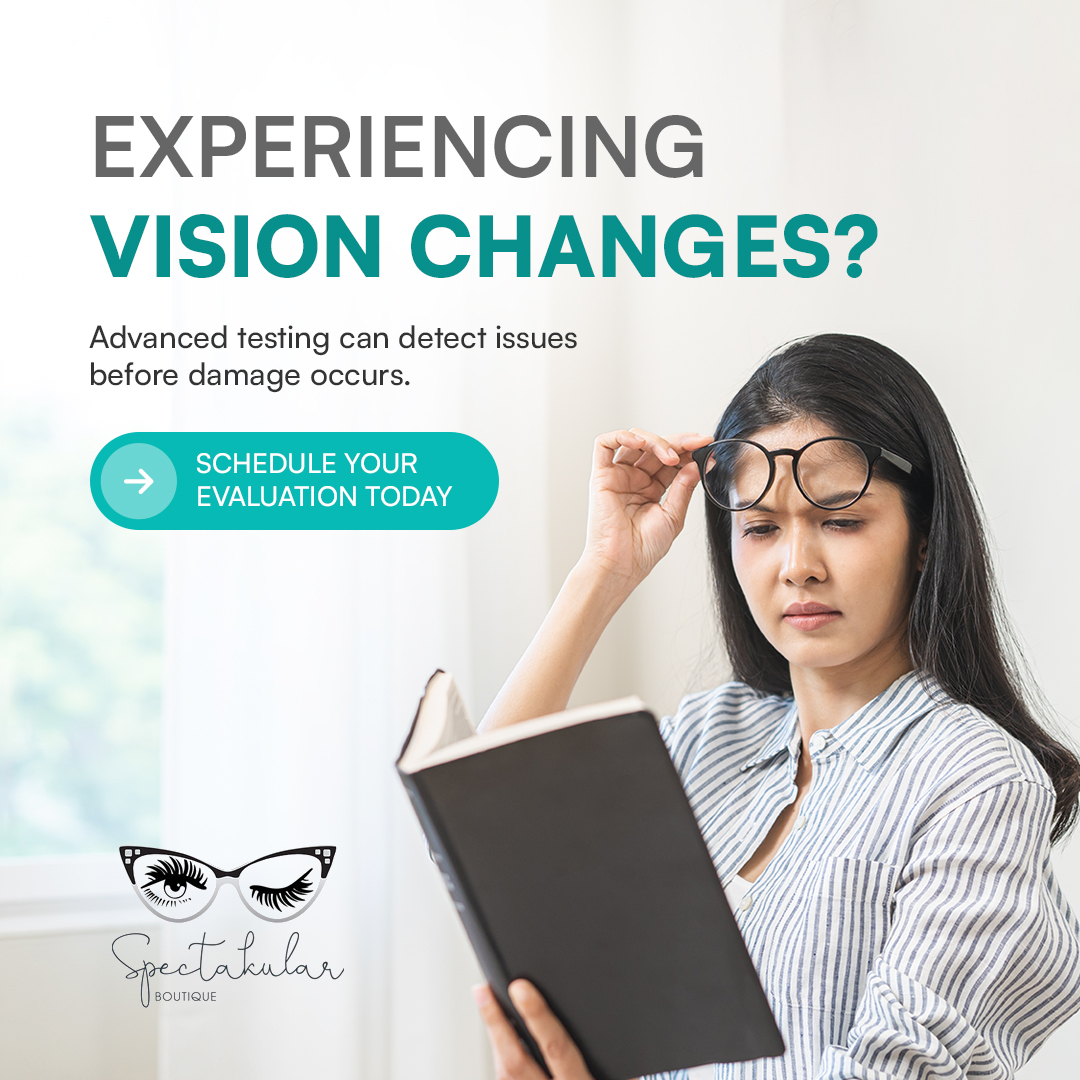
Individuals with special needs often face unique visual challenges that can significantly impact their daily lives. Conditions such as autism, Down syndrome, cerebral palsy, and intellectual disabilities can affect the way these individuals perceive and interact with the world around them. Understanding these challenges is crucial for providing appropriate care and support.
Common Eye and Vision Problems in Individuals with Special Needs
Strabismus, or crossed eyes, is a condition where the eyes do not align properly, leading to double vision or a loss of depth perception. Amblyopia, commonly known as lazy eye, occurs when one eye has reduced vision due to a lack of proper development during early childhood. These conditions can further affect an individual's ability to learn, communicate, and engage with their environment.
Another common eye problem among individuals with special needs is nystagmus, which causes involuntary eye movements. This can result in blurred or shaky vision, making it difficult to focus on objects or track moving targets.
Additionally, individuals with special needs may experience difficulties with visual processing, which can affect their ability to interpret and understand visual information. This can make it challenging for them to read, recognize faces, or navigate their surroundings.
Signs to Look Out for
Recognizing the signs and symptoms of visual problems in individuals with special needs is crucial for early detection and intervention. Some common signs include frequent eye rubbing, squinting, holding objects too close or too far away, avoiding visually demanding tasks, and tilting or turning the head to see better. Other indicators may include poor eye-hand coordination, difficulty with eye contact, and a lack of interest in visually stimulating activities.
Seeking the assistance of an eye care professional who specializes in working with individuals with special needs is essential for accurate diagnosis and appropriate management.
The Importance of Early Detection and Intervention
Early detection and intervention are crucial for addressing visual challenges in individuals with special needs. Eye exams play a vital role in identifying and managing these challenges, allowing for early intervention and improved outcomes. Eye exams can detect refractive errors, strabismus, amblyopia, nystagmus, and other eye conditions that may be impeding an individual's visual functioning.
Optometrists who specialize in working with individuals with special needs have the knowledge and expertise to perform comprehensive eye exams tailored to their unique requirements. These exams may include specialized tests to assess visual acuity, eye teaming, tracking, depth perception, and visual processing abilities. The results of these exams help guide the development of individualized treatment plans.
Clear and comfortable vision enables individuals to engage in learning, communicate effectively, and interact with their environment. It allows them to participate in recreational activities, navigate their surroundings safely, and develop essential life skills. Eye exams provide the foundation for achieving these goals by ensuring that individuals with special needs have the best possible visual function.
Navigating Visual Challenges with the Help of SpecTakular Boutique
Eye exams help identify and address unique visual challenges that can significantly impact the daily lives of those with special needs. Spectacular Boutique’s compassionate care and commitment to personalized service offer individualized assessments, fittings, and ongoing support to ensure that each individual receives the attention and assistance they need and deserve.
Schedule an eye exam for you or a loved one with special needs today and take the first step towards improving visual health and overall well-being, visit SpecTakular Boutique at our office in Dawsonville, Georgia. Call (706) 216-7732 to book an appointment today.





